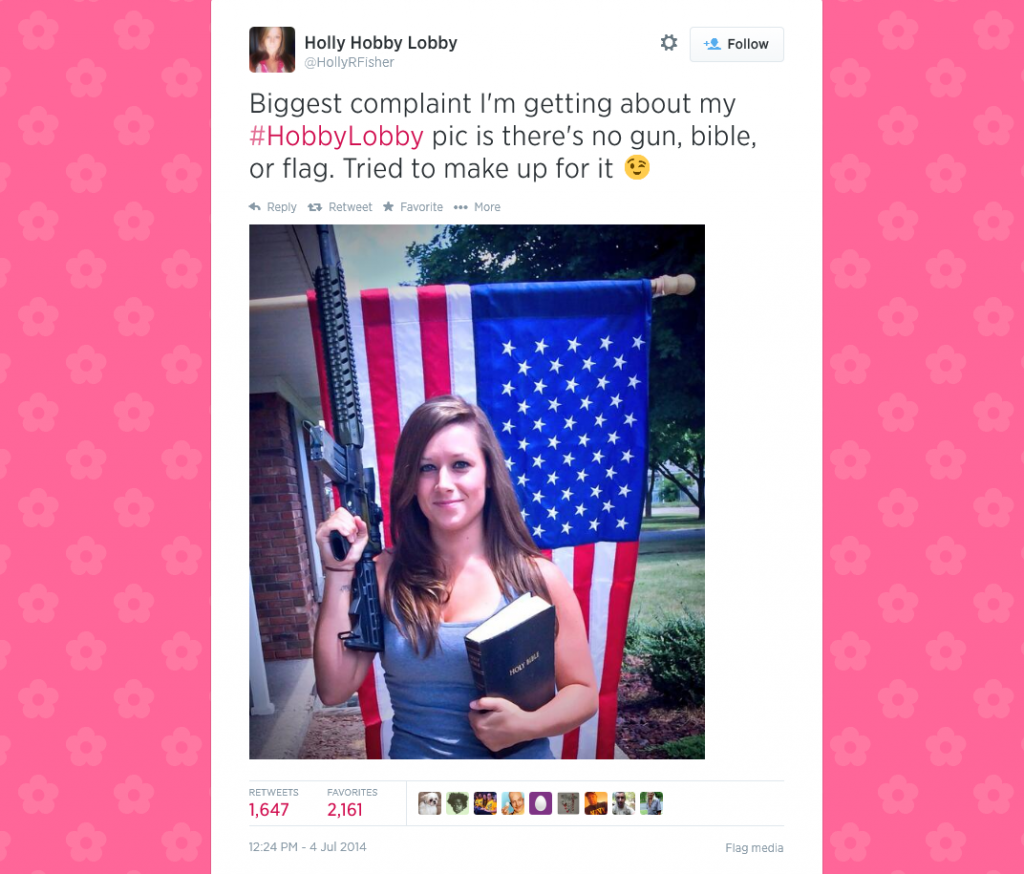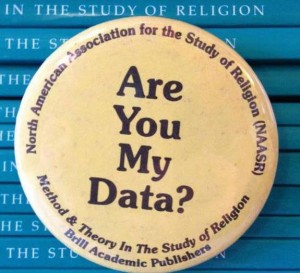
Anytime “data” can answer this question, the stakes increase. “Yes” or “No,” the question is posed rhetorically, for in receiving an answer, the trouble of the “human sciences”—that is, the human in human sciences—sounds off in a chorus composed of intentionality, strategies of identification, and politically-charged and charred epistemological appeals and ethical slights-of-hand. In other words, when we take this question (and its implications) seriously, shit stands to “get real.”
About a year ago, historian, religious studies scholar and public intellectual Anthea Butler wrote a powerful essay for Religion Dispatches titled “The Zimmerman Acquittal: America’s Racist God.” If you have the time, it’s worth another read. She ended up the target of a series of online attacks from people angry at the post. Dr. Butler cataloged the hate mail here. Continue reading “Yes, You ARE My Data!”

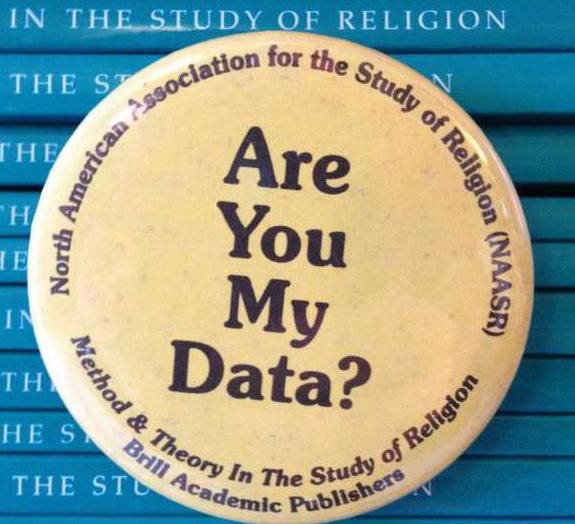
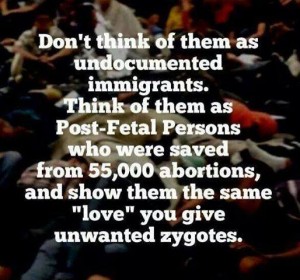

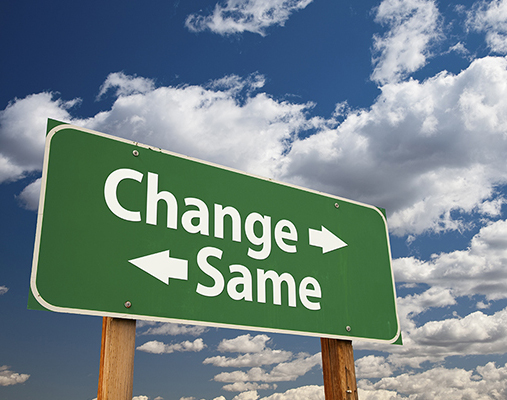 A year ago, a member of the Greek Parliament, Mrs. Repousi, who belongs to the leftish political party of DEMAR (Democratic Left) provoked a series of reactions in the media with two statements (each set apart by a couple of days) that she made during discussions concerning changes in the educational system.
A year ago, a member of the Greek Parliament, Mrs. Repousi, who belongs to the leftish political party of DEMAR (Democratic Left) provoked a series of reactions in the media with two statements (each set apart by a couple of days) that she made during discussions concerning changes in the educational system. 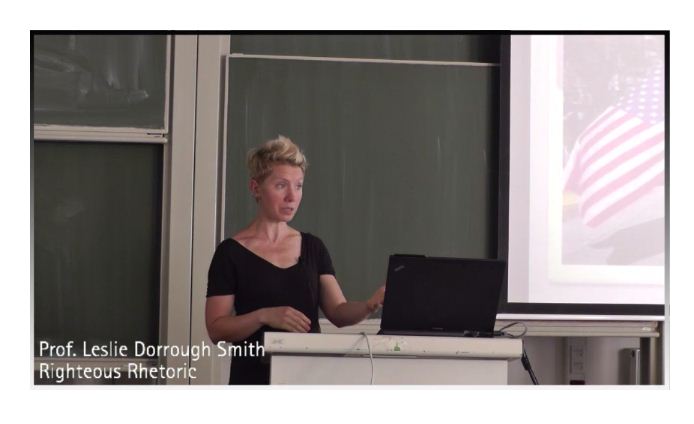 Did you know that the Edge’s own
Did you know that the Edge’s own  I recently found a copy of Noah Webster’s Elementary Spelling book, a version apparently published in the 1840’s, that includes an intriguing discussion of spelling. A primary motivation that informed Webster’s work on the spelling book was generating national unity through consistent pronunciation and spelling. Webster’s work included differentiating American English from British English, as his book appears to be the source for the absence of a “u” in words such as color and favor and spelling “center” with an “er” instead of an “re”.
I recently found a copy of Noah Webster’s Elementary Spelling book, a version apparently published in the 1840’s, that includes an intriguing discussion of spelling. A primary motivation that informed Webster’s work on the spelling book was generating national unity through consistent pronunciation and spelling. Webster’s work included differentiating American English from British English, as his book appears to be the source for the absence of a “u” in words such as color and favor and spelling “center” with an “er” instead of an “re”.  Photo credit:
Photo credit: 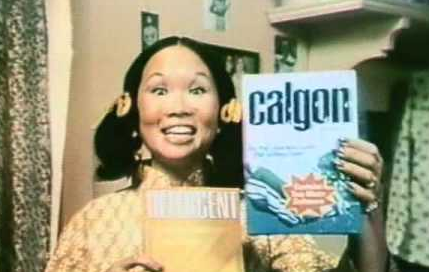 I saw a friend on Facebook post the following story (click the pic to read it):
I saw a friend on Facebook post the following story (click the pic to read it):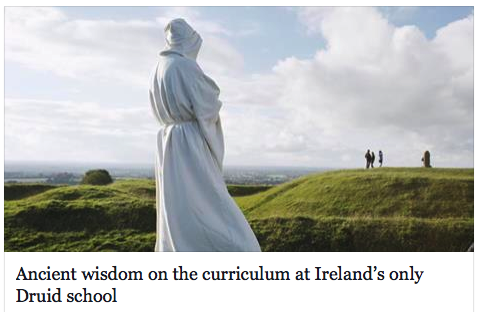

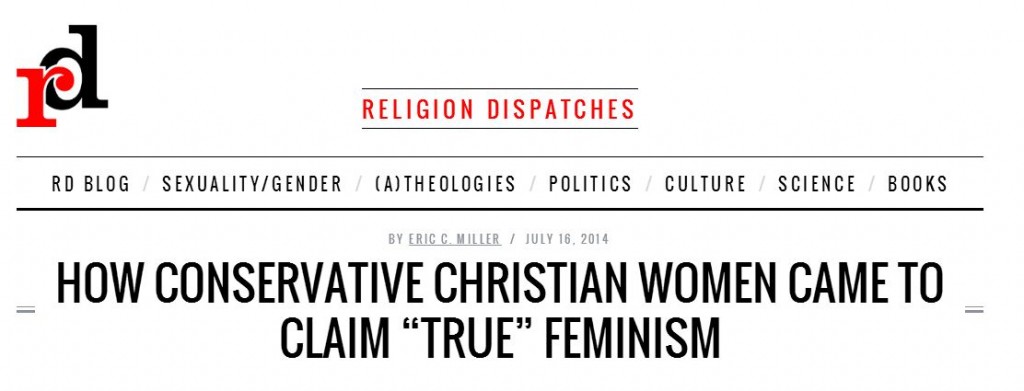 Religion Dispatches recently interviewed our own
Religion Dispatches recently interviewed our own 